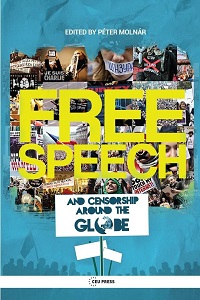
We kindly inform you that, as long as the subject affiliation of our 300.000+ articles is in progress, you might get unsufficient or no results on your third level or second level search. In this case, please broaden your search criteria.







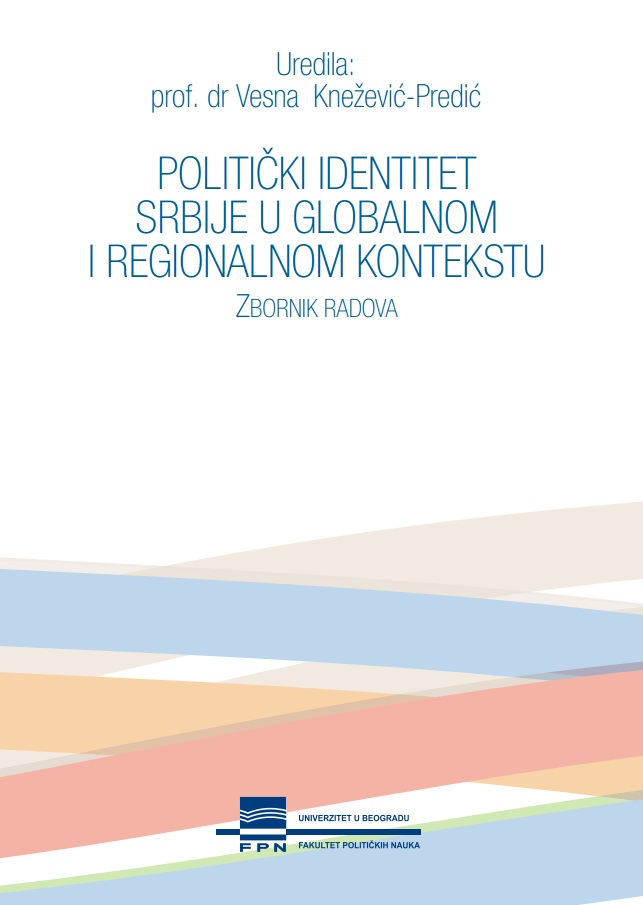
Numerous problems in the traditional media and the difficult financial situation in which journalists are, increasingly force media professionals to seek new business models to survive in the media sphere. Traditional financing strategies of professional journalism based on the classic advertising is shaken from the roots by the expansion of the Internet and the Social media, therefore, the need to explore new revenue opportunities in the media is more often mentioned in discussions about the future of journalism. Thus, the concept of „entrepreneurial journalism“ often appears in recent years, which basically indicates the need for journalists to act as entrepreneurs, and to run their own media projects on the Web independently or in association with other media professionals. This is particularly important in the case of young journalists, because their careers will more depend on the ability to develop and launch a small, but profitable web projects. Therefore, many universities in the United States have already included courses in entrepreneurial journalism in their study programs, and the number of universities in Western Europe that follow their footsteps is slowly increasing. In Serbia, as in the whole region, this concept is still relatively unknown, so the aim of this study is to emphasize the basic elements of this concept, new journalistic competencies that it entails, but also the perspectives its development in our country.
More...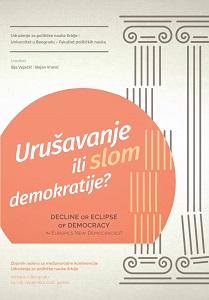
Professional ethics and self-regulation are among the weakest links of the media democratization in the post-communist countries. Although the codes of ethics have been adopted in all of the post-communist countries, including Serbia, they have no value unless journalists respect them, and broader professional and social climate do not support ethical conduct. The aim of this paper is to examine the ethical norms of the Serbian Journalists’ Code in the headlines of the national print media as an indicator of the achieved level of the media democratization. Headlines are the first and often the only contact of the reader with the text. Furthermore, headlines can be considered as the most important part of the text because they provide a summary of the central idea of the text, attract the attention of readers and set the frame for interpreting the text. At the same time, headlines are responsibility of the entire editorial team. Therefore headlines make a solid basis for evaluating the ethical behavior of a professional group. Qualitative content analysis of the headlines of four daily newspapers in Serbia during two weeks in September 2015 shows that: some headlines convey different information than the stories they lead, some are ambiguous, discriminatory, disturbing and colloquial, or contain hate speech, slander, libel and hidden propaganda.
More...
The 2015 Elections in Nigeria is one of the most significant events in Nigerian history; at least in the recent past. Nigerians were highly disposed to the electioneering process by their active participation especially through the platforms provided by the social media. Hence, various social media outlets formulated dependable avenues for the sharing of news items connected with the elections. Among the numerous blogs that excelled in journaling the election is Linda Ikeji’s blog; a popular blog site in Nigeria. This exposition focuses on the contributions of Linda Ikeji’s blog in the dissemination the news of the elections results. The study adopts a content analysis approach to analyze the readership of the blog within election period. The subsequent feedback from the content research aids the researcher to gauge the contributions of Linda Ikeji blog in political news journaling during the 2015 General Elections in Nigeria.
More...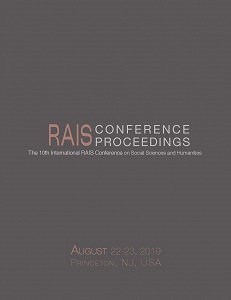
This paper examines the discourse on social change in women-related posts on Saudi English-language blogs. These posts negotiate many reforming measures proposed by the Saudi government to facilitate more women’s empowerment. An eclectic approach to intertextuality is adopted to explore the virtual community and the connections created on such platforms. The methodology adopted is based on Koller’s (2012) work on analyzing collective identities and draws primarily on Reisigl & Wodak’s (2009, 90) view of Intertextuality. It also examines more direct and explicit instances of the recontextualization of other texts or discourses through hyperlinked clauses on such blogs. The findings of the analysis reveal that the community at hand is quite closed, exhibiting an example of what has been identified in psychology as confirmation bias (Nickerson 1998, 175), which jeopardizes the potential of blogging for promoting change. A supporter/opponent struggle is vigorously expressed in these posts, to the point that it overlooks the bigger picture, i.e. women’s empowerment. Women who are expected to be at the centre of these topics are sidelined by such struggles.
More...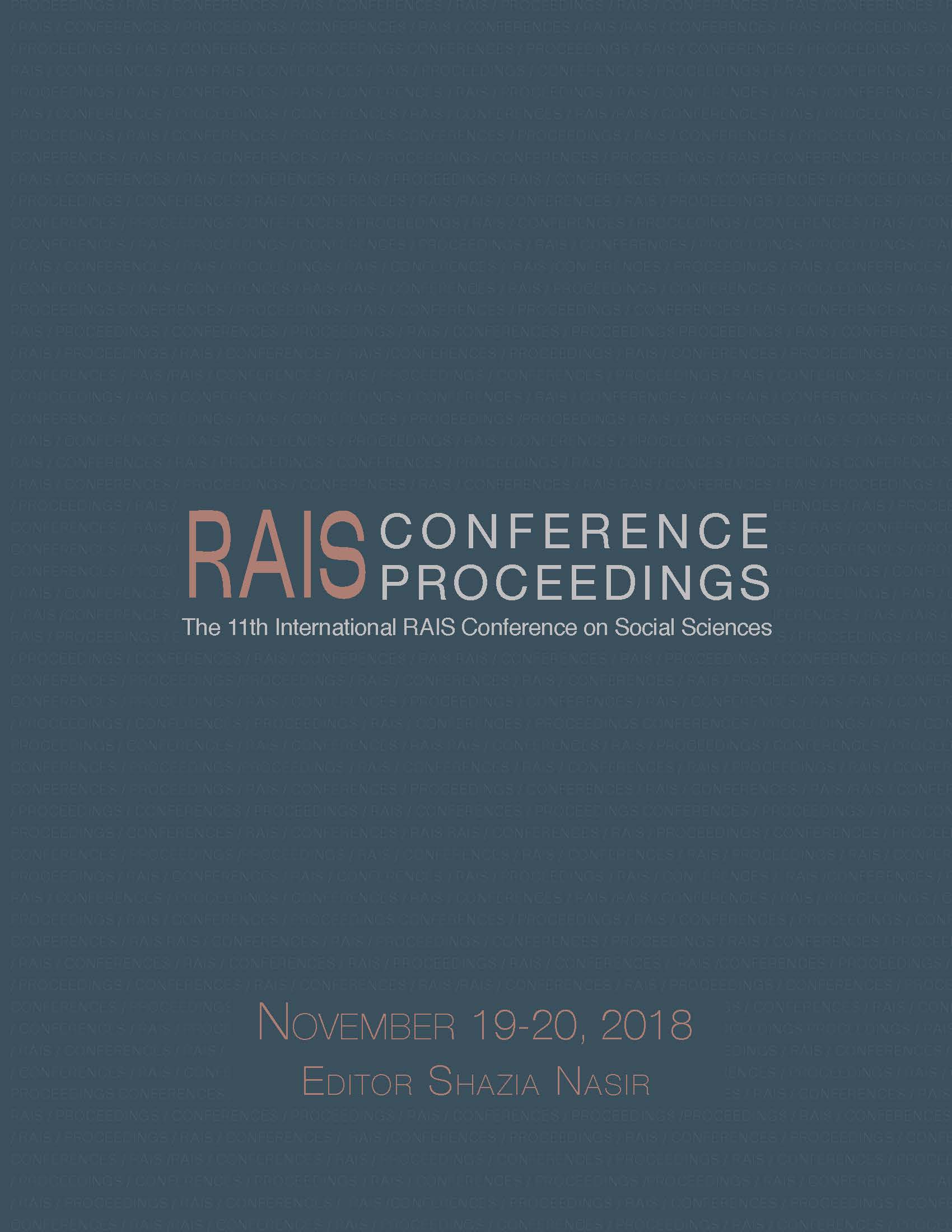
This study’s relevance lies in its goal of ascertaining the degree to which people rely on unprofessionally processed information in (1) making vital decisions or (2) acting on unsubstantiated information served via social media. In addition, it measures the audiences’ ability to differentiate information emanating from professional, versus social media. Professional media, in this case, refers to the traditional broadcast and print media who have been in the business of professionally processing and authenticating news and information for their respective audiences. While social media, on the other hand, represent the various platforms provided primarily for social exchange of information. Relevant to this study is the social media’s ability to reach multitudes of people with unprocessed and uncertified information that can go viral, reaching millions of people. The theoretical framework is Uses and Gratification Theory, UGT, and the methodology is random survey.
More...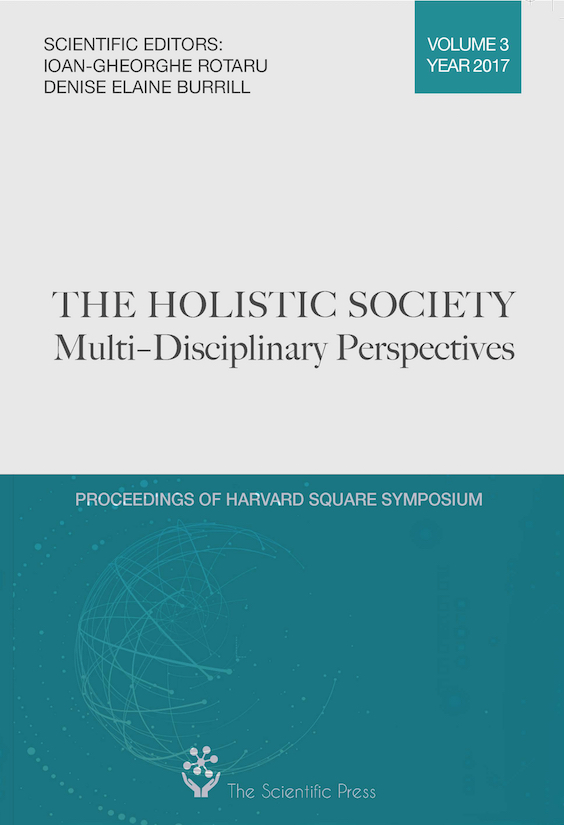
In the contemporary age, mass media—the solitary technical means for the delivery of information to the people—developed not only an exerting mobilizing power, but also impacted the development of human personality. In this day and age, dominated by the mass media, the human being is conditioned by the mass media and has become subject to the continuing pressures of the information propagated by it. In this context, invariably, the human personality is being affected (even redefined), as it develops new positive or negative impulses; depending on the information it is being exposed to.
More...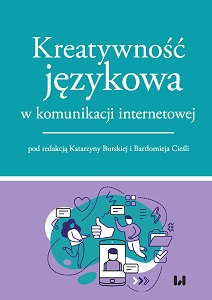
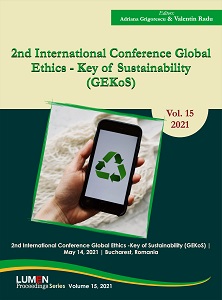
The context of the COVID 19 pandemic has forced managers and entrepreneurs to review how they run their businesses and guide their employees. The new normality has brought with it a number of challenges and changes that have produced immediate and profound effects both in the way business is conducted, the online negotiations giving a formal and less human character, and in the way the employees perceive the work carried out exclusively online. Research has revealed a new phenomenon called "Zoom Fatigue" which is reflected in the human psyche through exhaustion and burnout, a phenomenon caused by the intensity and long duration of video calls and frequent online meetings. Additional cognitive processes required by video calls, the concentration required to absorb all the information transmitted, the lack of visual breaks, multitasking, as well as the merging of professional activity with the familiar environment from the comfort of our home, have led to psychological consequences, such as pronounced fatigue, exhaustion or irritation. All these effects are felt differently by men and women, the latter suffering more from videoconferencing and online work. At the same time, extroverts were found to be less tired than introverted people, feeling the effects of the "Zoom Fatigue" phenomenon differently. For the proper conduct of work and for the creation of a healthy organizational climate and an ethical organizational culture, the role of managers in knowing employees at a human level is of outmost importance, in order to best manage such situations and to identify appropriate measures for motivation and support aimed in particular at female and vulnerable personnel. Orientation towards setting a precise schedule for organizing video conferencing, recommending to avoid multitasking and reducing on-screen stimulus, setting visual breaks, avoiding the use of video calls in their spare time are some of the measures that managers can implement among their employees.
More...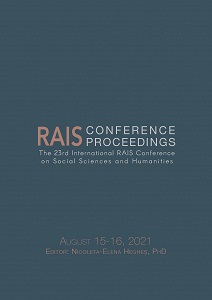
In the wake of the January 6th mob insurrection at the US Capitol, does the Federal government need to implement protocols that flag insurrection and domestic terrorism on social media platforms such as Facebook and Twitter? The US Supreme Court protects Free Speech on privately owned media, but the most popular Internet sites have evolved by 2021 to become wide-spread spaces for public and private communication. Currently, these global platforms are permitted to selectively censor and regulate speech at their discretion without infringing upon First Amendment rights. The ubiquity of social media means that the publicly-available speech (e.g. posts) of Twitter and Facebook’s billions of users is controlled by what’s recently called by Congressional critics and commentators as “Big Tech”. The most recent President of the United States Donald Trump was permanently banned from the largest social media platforms. On July 7, 2021 he filed class-action lawsuits targeting Facebook, Google (owner of YouTube) and Twitter. Many Americans with conservative views feel social media silence their voices, while those with liberal views argue that social media platforms do not eliminate hate speech. This paper will delve into whether increased government oversight and applying the rights of the First Amendment to individuals online can maintain peaceful public discourse, avoiding any future violence. The paper will also provide an overview of the essential legal hurdles the Trump lawsuit faces but will not analyze the strengths and weaknesses of the Trump case.
More...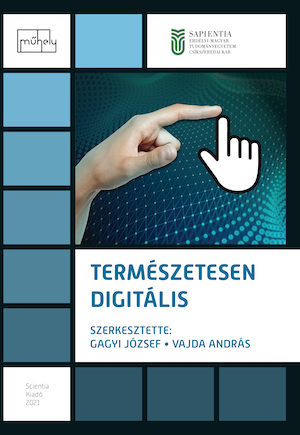
My study briefly presents the results of a research project comparing two communication platforms of the Hungarian diaspora in Berlin. MagyarOnline.net’s forum “Hungarians in Berlin – chatting” was launched in 2004 and was particularly active for about two years, with almost two thirds of the posts being written during this period; from the end of 2006, the number of posts from users had already decreased, but it became clear that the online spaces of the Hungarian diaspora in Berlin had moved to a new platform, Iwiw. After 2012, long before theclosure of Iwiw in 2014, online groups of Hungarians living in Berlin appeared on Facebook, such as “Berlin Calling” in 2012, or the group I analysed, “BerlinHungarians”, which was launched in March 2014. This transformation of the media environment, the emergence of social media, coincides with the period of liberalization of employment in Germany and the sudden increase in migration, from Hungary to Germany (Blaskó–Gödri 2014). My analysis is part of a research project that aims to explore the interconnections between the city, migration and media through the example of the Hungarian diaspora in Berlin. Zsolt Szijártó’s study emphasizes, based on his empirical research among Hungarians in Berlin, that social and political changes have led to changes in each of the three aspects mentioned above every 10-12 years or so: new media have appeared, urban culture and its representation have changed, and migration has affected new groups due to changes in the political environment (Szijártó 2018). At the beginning of the investigation of these two online communication platforms, I was primarily interested in whether, in the specific cultural context of the Hungarian diaspora in Berlin, the migration of user-generated content from one platform to another could be observed or whether different content, although related to the diaspora, could be created on the different platforms.
More...
Over the last decade and a half, the field of comics studies has been delineated within (media) cultural studies. It is precisely during this period that the media environment of comic book culture, the media, production, consumption, and useof comics are changing, in large part due to the technological innovations that are spreading at the time. In the case of Hungarian comic book culture, two trend scan be observed: on the one hand, the shift to the Internet and electronic media and on the other the proliferation of comic book festivals and exhibitions that offer opportunities for personal encounters. The changes of the last decade anda half have affected all the main aspects of comics media: creation, distribution, texts, media, audiences, and uses. At the same time, the techno-cultural diversity of comics media, which is often geographically and culturally diverse in terms ofmedia, genres, markets, audiences, and graphic styles, is not lost on digital comics. The North American webcomic, the Korean webtoon, and the Francophone bande dessinée numérique have a history, distribution, media layout, and environment,as well as a history of use that is very different from one another but also very diverse in itself. In this media-historical situation, the question arises: what kind of overview would be appropriate, i.e. effective and useful, for the Hungarian comics studies that are in the process of being institutionalized, for the planningand development of further research, university seminars, library and other collections? The presentation aims to present the experiences of the first phase of a longer research project aimed at the creation of a handbook on comics in Hungarian.
More...
The yeti is not a cupboard. If it were a cabinet, we would call it a cabinet, nota yeti. Many of you will remember the classic scene in which Uncle Pista Besenyő tries to convince his audience of his point of view with this irrefutable logic. But beyond this pearl of absurdist humour, it is perhaps worth asking: in the age of new media, is radio still radio at all? What is behind what most of us still know as radio in 2019 and which has been part of our everyday lives for over a century?What is the secret of radio? What makes this centuries-old medium still popular, inescapable, and much used in the age of hypermedia?
More...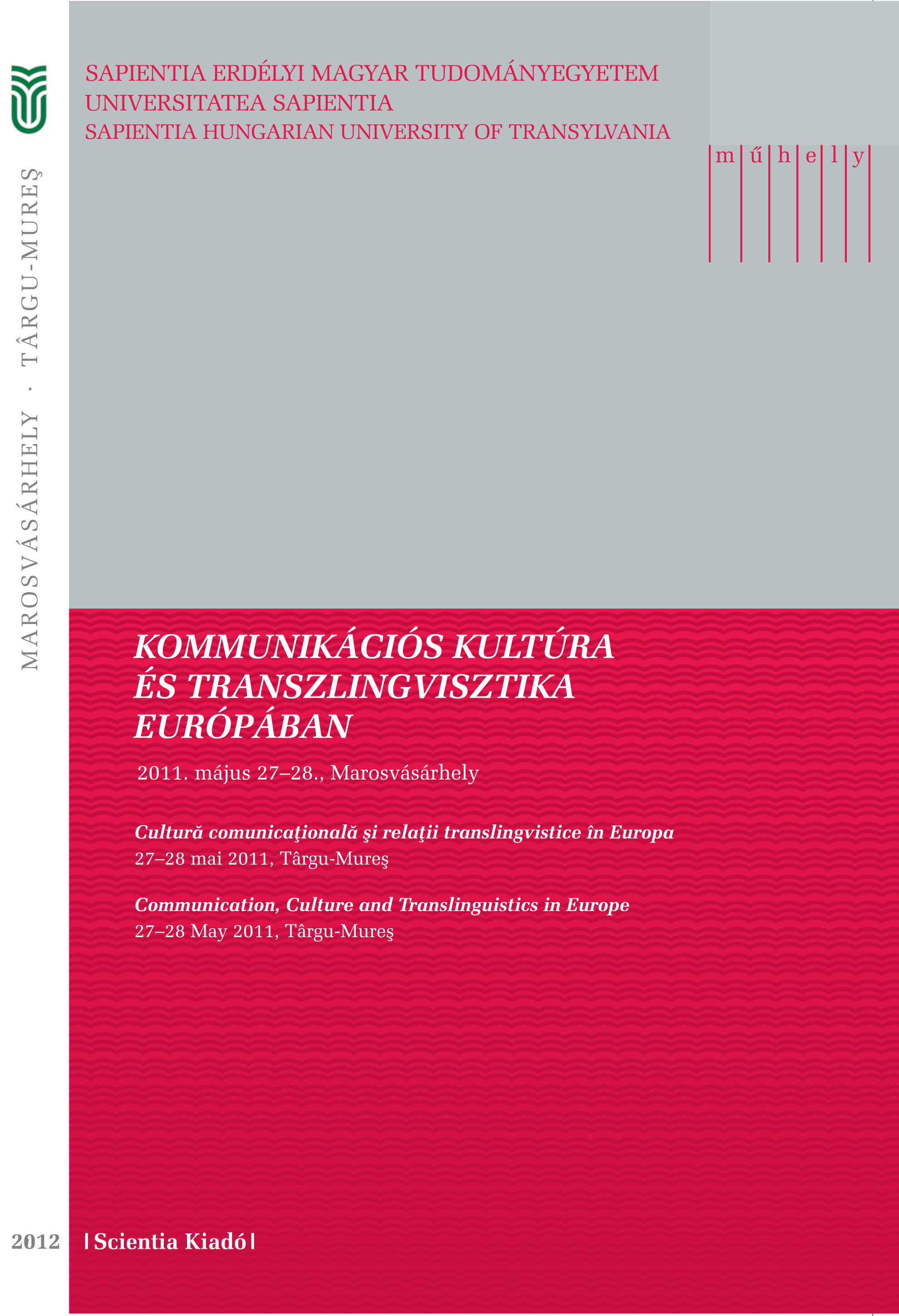
The informational society is essentially a society based on the internet. At the same time, globalization is a consequence of the existence and development of the internet. The young generation is a key factor, which is to be taken into account by any responsible society when thinking about building the future. The political, social, and economic changes that have shaped our continent in the recent decades doubled by the tremendous development of communication technology have triggered special features of a whole generation of young people in love with the ever changing and upgrading communication devices but not very much interested in ‘the life of the city’.
More...